
WHAT MAKES HEALTHY BONES?
Collagen peptides are famous for their positive effects on joint health and connective tissue that constitute them—ligaments, tendons, muscles, skin. Additionally, compelling new examinations suggests they also have a very positive effect on bone health?
Through science, let's dig deeper and figure out what means 'healthy bones', where collagen can play a role and how to influence your bones health in the long term.
WHAT ARE BONES MADE OF & WHAT MEANS BONE HEALTH?
Your bones are the structure that supports your weight. They enable mobility and even protect your vital organs. In addition, they stock calcium that can be released into the bloodstream when the body needs it. Bones are not only made of hard tissue as we think of them, but they are also made of soft tissue. The soft centre of the bones—the marrow— is the house of most of the body's blood cells production.
The cells of the bones—osteoblasts, osteocytes and osteoclasts— allow the completion and regeneration of bone throughout your life.
A gelatinous protein matrix called type 1 collagen combined with other organic substances serve as support for the whole bone (the osteoid). When the osteoid binds with calcium phosphate, it becomes a hard substance. From birth to adulthood, your skeleton is in constant formation. This bone-making process will stop when you reach adulthood, making any broken bone harder to heal. However, even as fully formed, the bones will keep going through a replenishment process: the body gets rid of old cells and create new ones to maintain bone mass.
And it's this 'renewal' process that is crucial to your bone health:
If anything compromises it, it will make you more susceptible to fractures or bone conditions such as arthritis, bursitis, osteoporosis, stress fracture.
WHO SHOULD CARE ABOUT THEIR BONE HEALTH?
Everyone!
Popular education makes us aware of the importance of bone health in postmenopausal women, but younger people are starting to understand the impact of their life choices on their future bones.
WHAT CAN YOU DO TO SUPPORT YOUR BONE HEALTH?
1. Get Enough Calcium
Calcium is essential for maintaining bone strength. But unlike what many of us were told, milk is not your only option. One cup of cooked broccoli, for example, contains 180mg, one cup of cooked spinach; 240mg. Calcium is also high in figs, nuts, legumes, numerous types of fish.
2. Get Enough Vitamin D
Vitamin D allows the body to absorb calcium, hence its importance. Unfortunately, vitamin D deficiency is one of the most common medical conditions worldwide. About one billion people in the world have vitamin D deficiency or insufficiency (1). The best way to get Vitamin D is from sunlight. However, we all want to protect our skin from sun damage —sunblocks do filter vitamin D— and most of us are not getting enough Vitamin D in our diet. It's a good idea to get tested with a simple blood test and supplement Vitamin D if necessary.
3. Keep an active lifestyle.
Not getting enough exercise might make your muscles and bones weaker.
4. Maintain a healthy weight.
Being underweight or overweight can debilitate bones and increase your risk of bone fractures.
COLLAGEN PEPTIDES SUPPORT BONE HEALTH
According to a new pioneering study carried out by the French National Institute for Agronomic Research (INRA) [4], collagen peptides can positively impact bone metabolism; in other words, collagen peptides supplementation can support the body's process of maintaining bone strength.
The study used a groundbreaking approach involving clinical screening in finding that supplementing with collagen peptides—the most assimilable type such as the one found in FLEXIBLE—can boost the remodelling process by stimulating osteoblasts (the cells associated with bone formation). What's more, it would simultaneously inhibit osteoclasts (the cells that cause the bone to break down).
These results add to previous studies that found indications of bone cell activity to be linked to collagen peptide supplementation[2][3].
With the available evidence underpinning, we conclude that collagen peptide supplementation can be taken together with calcium and Vitamin D to support good bone health.

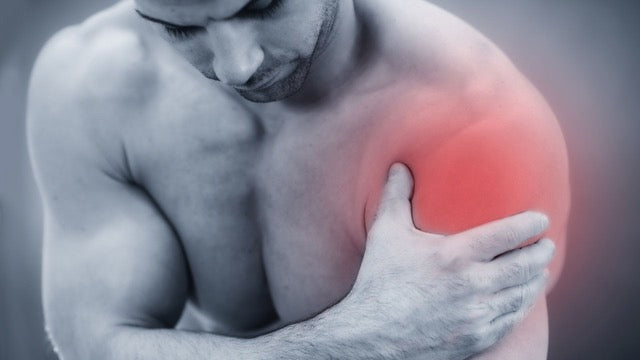
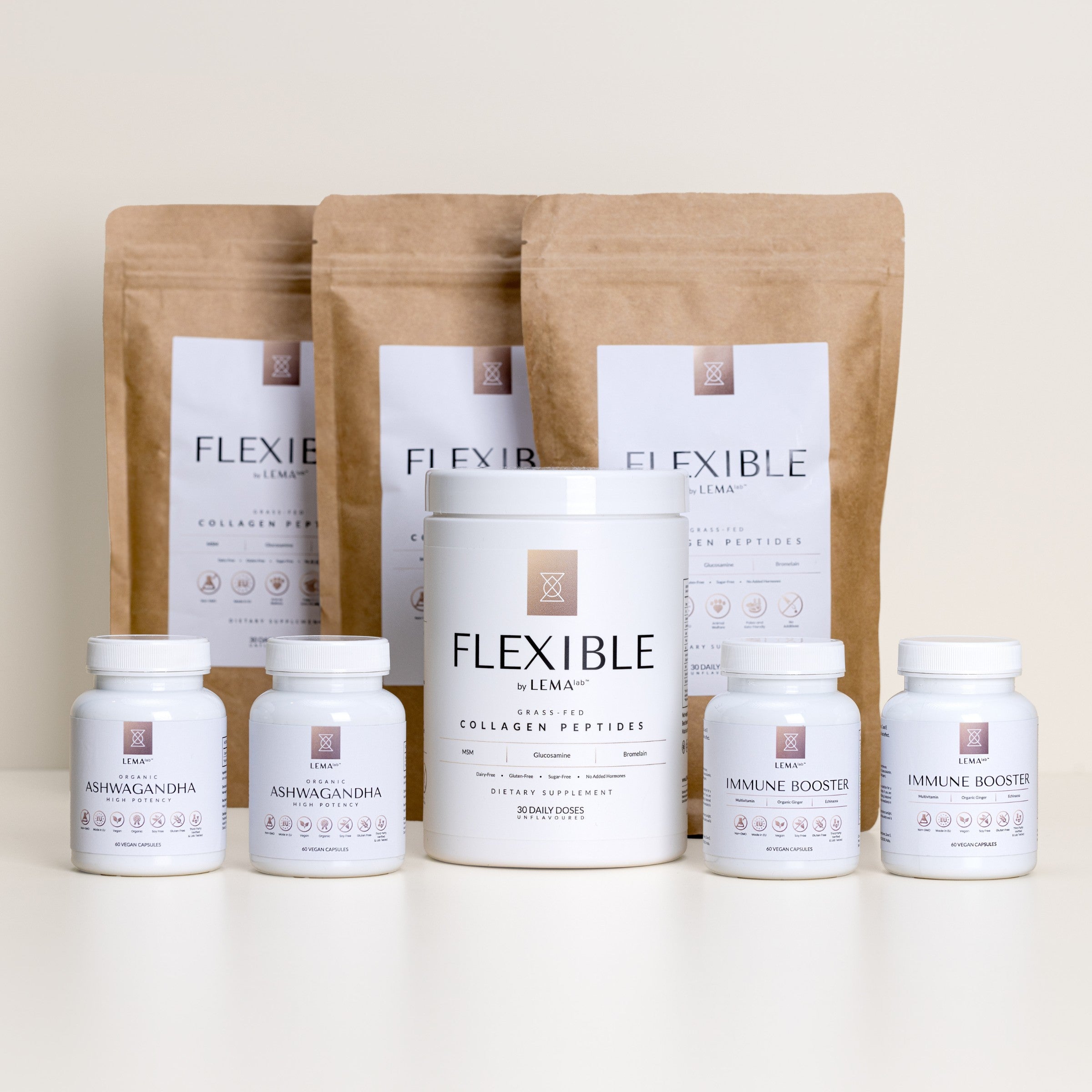
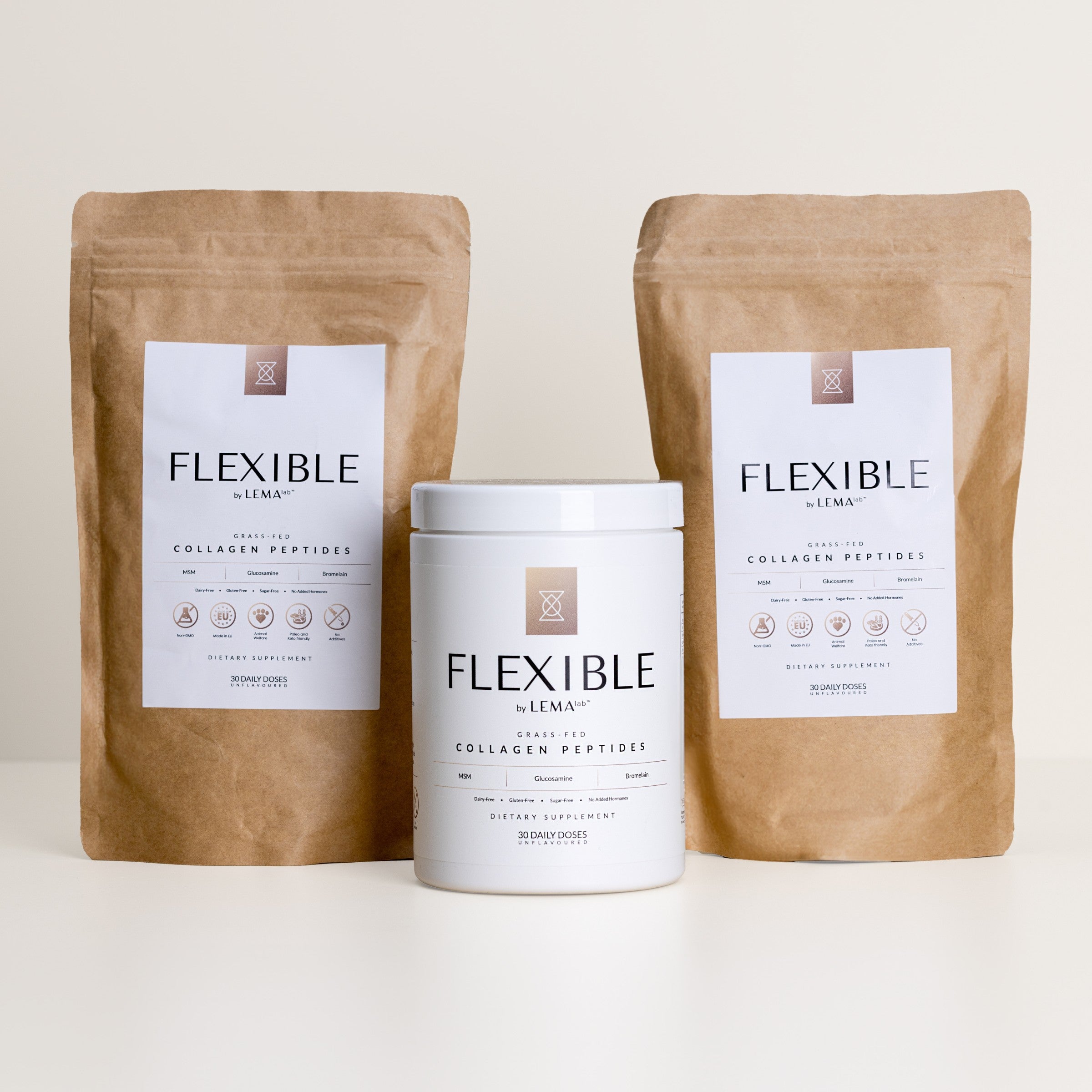

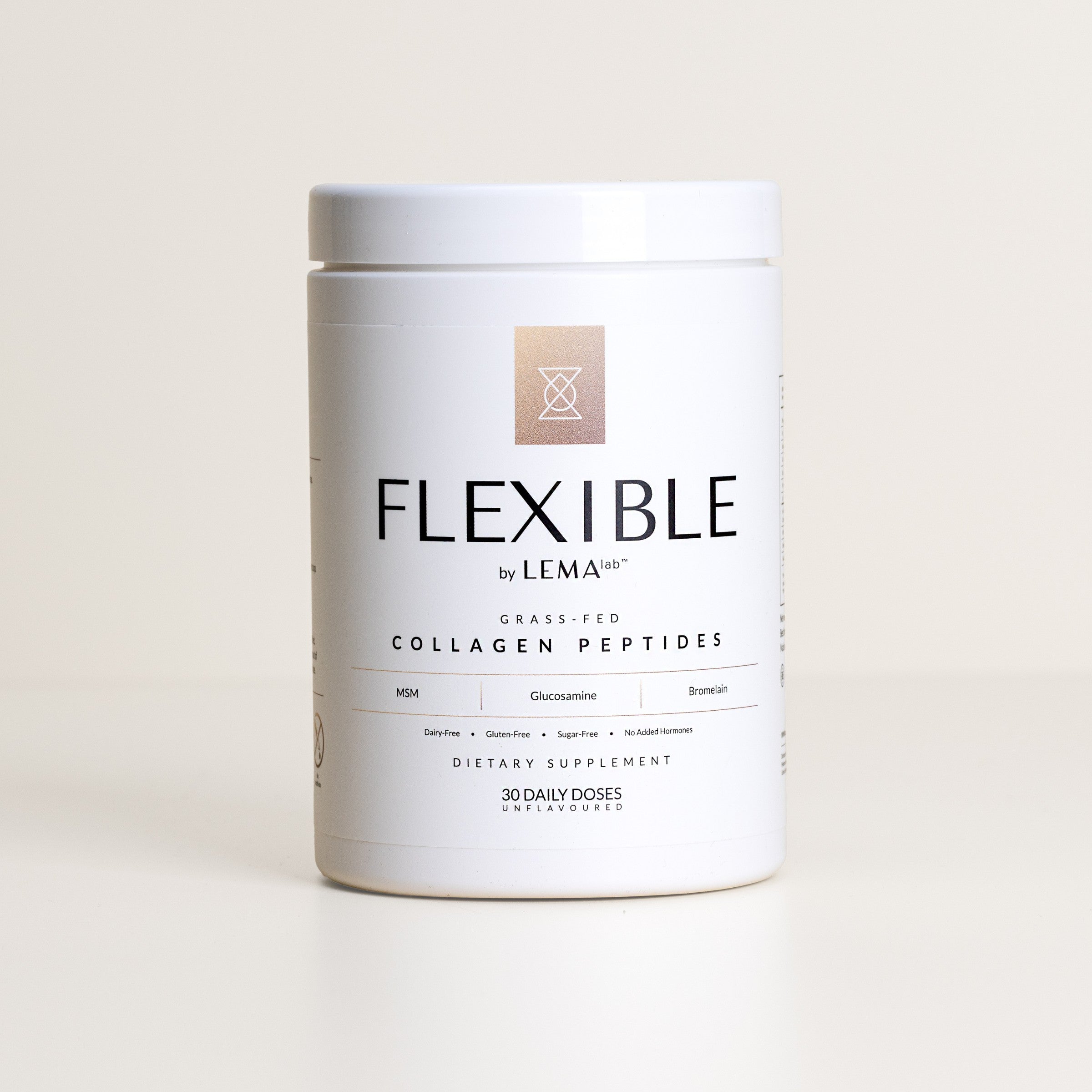
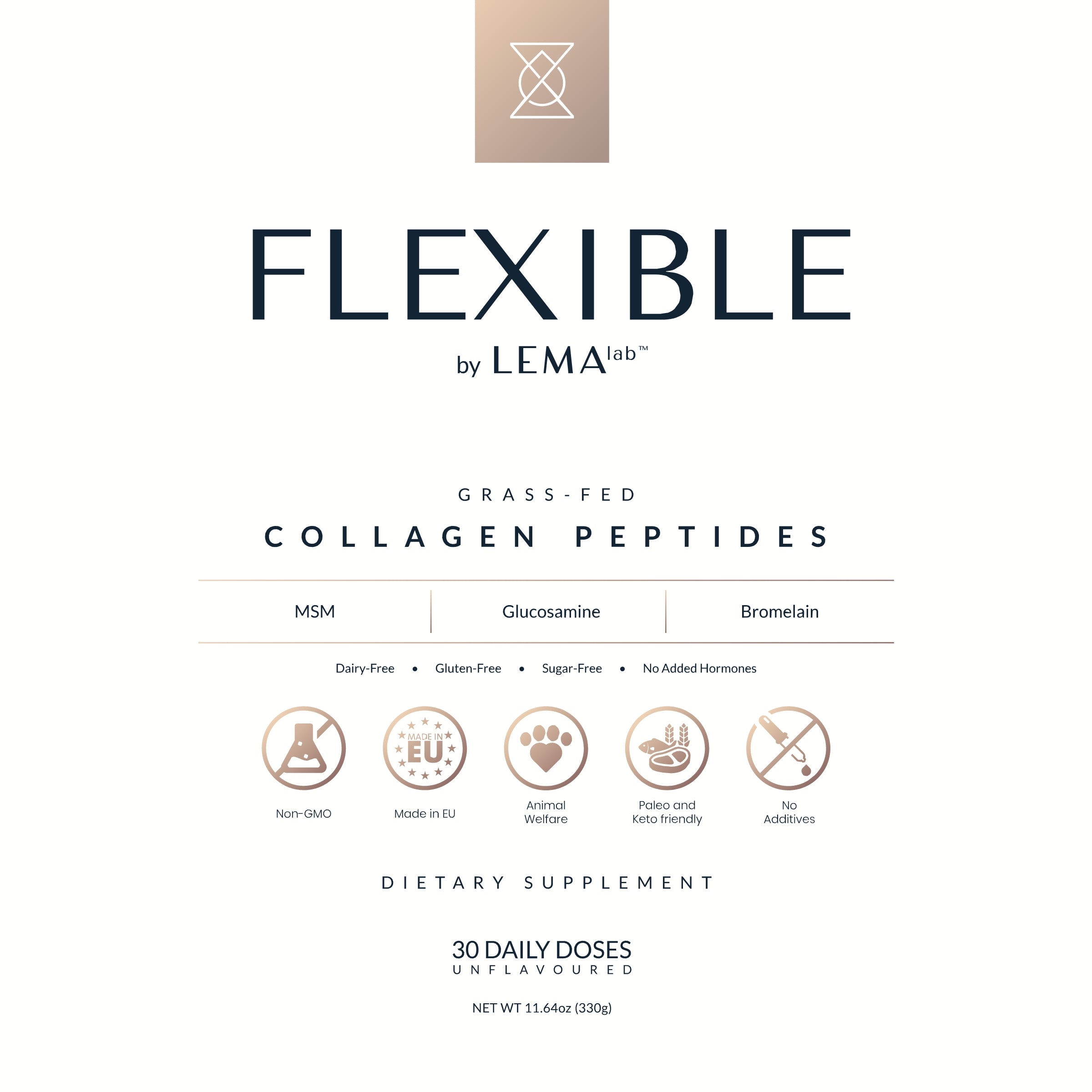
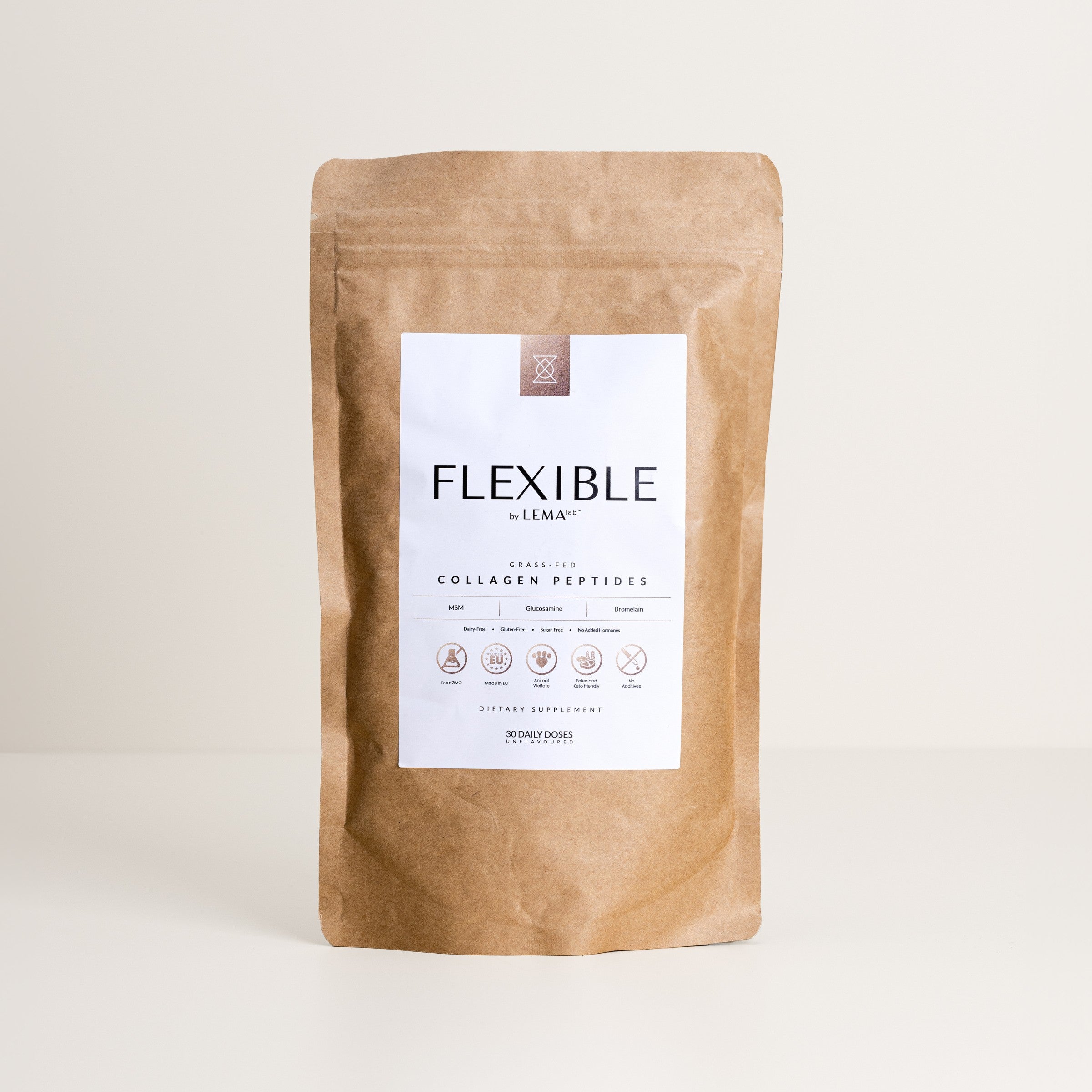
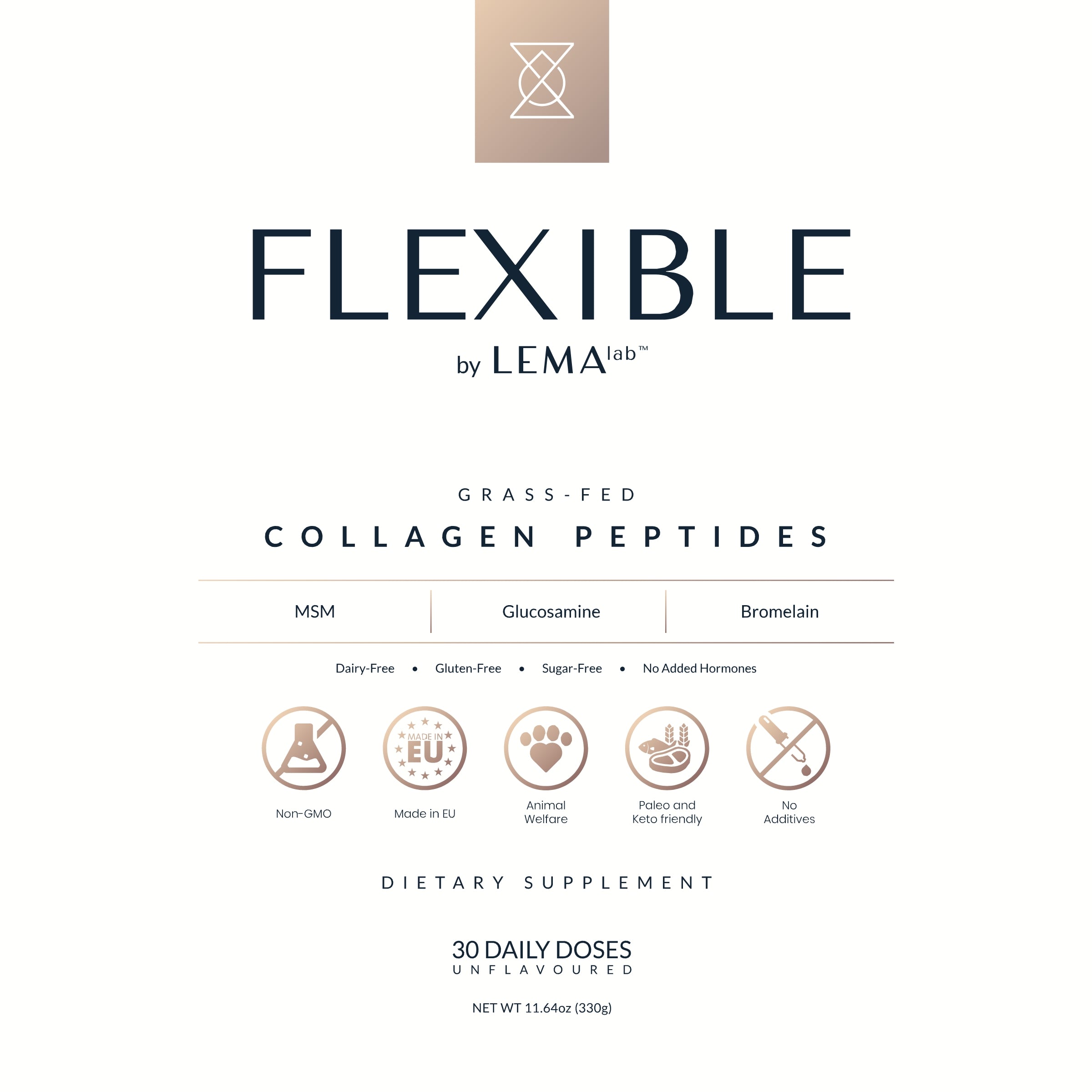
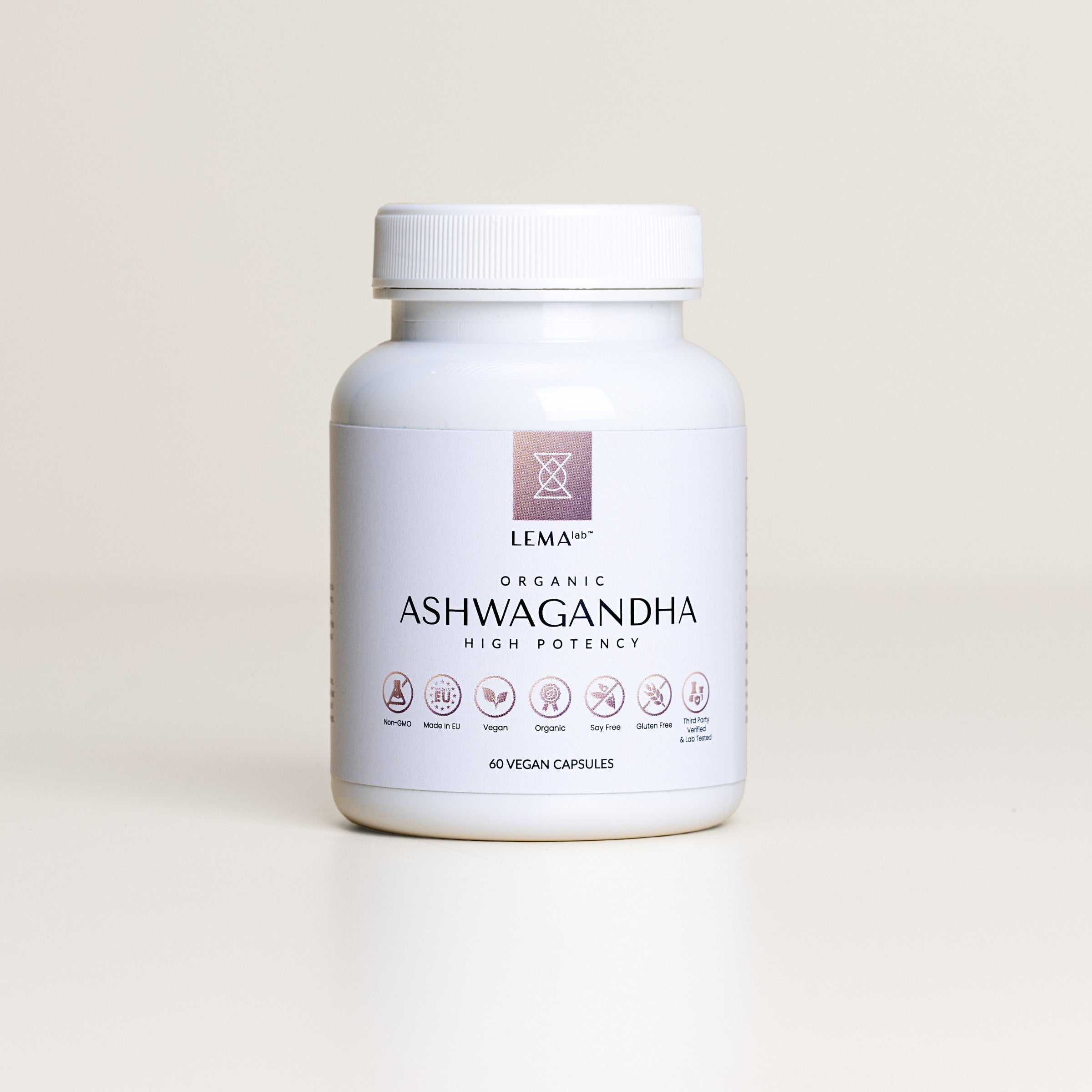

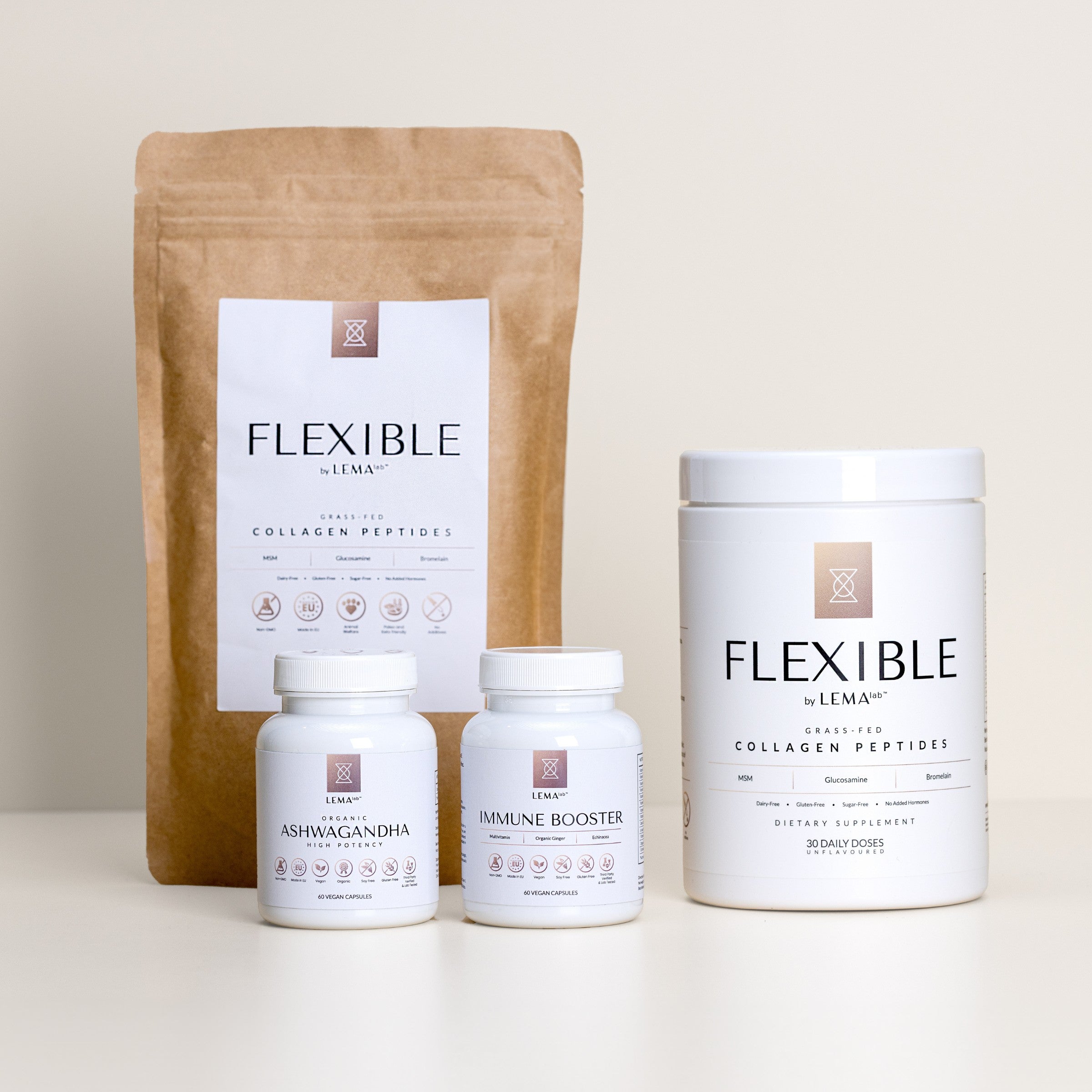
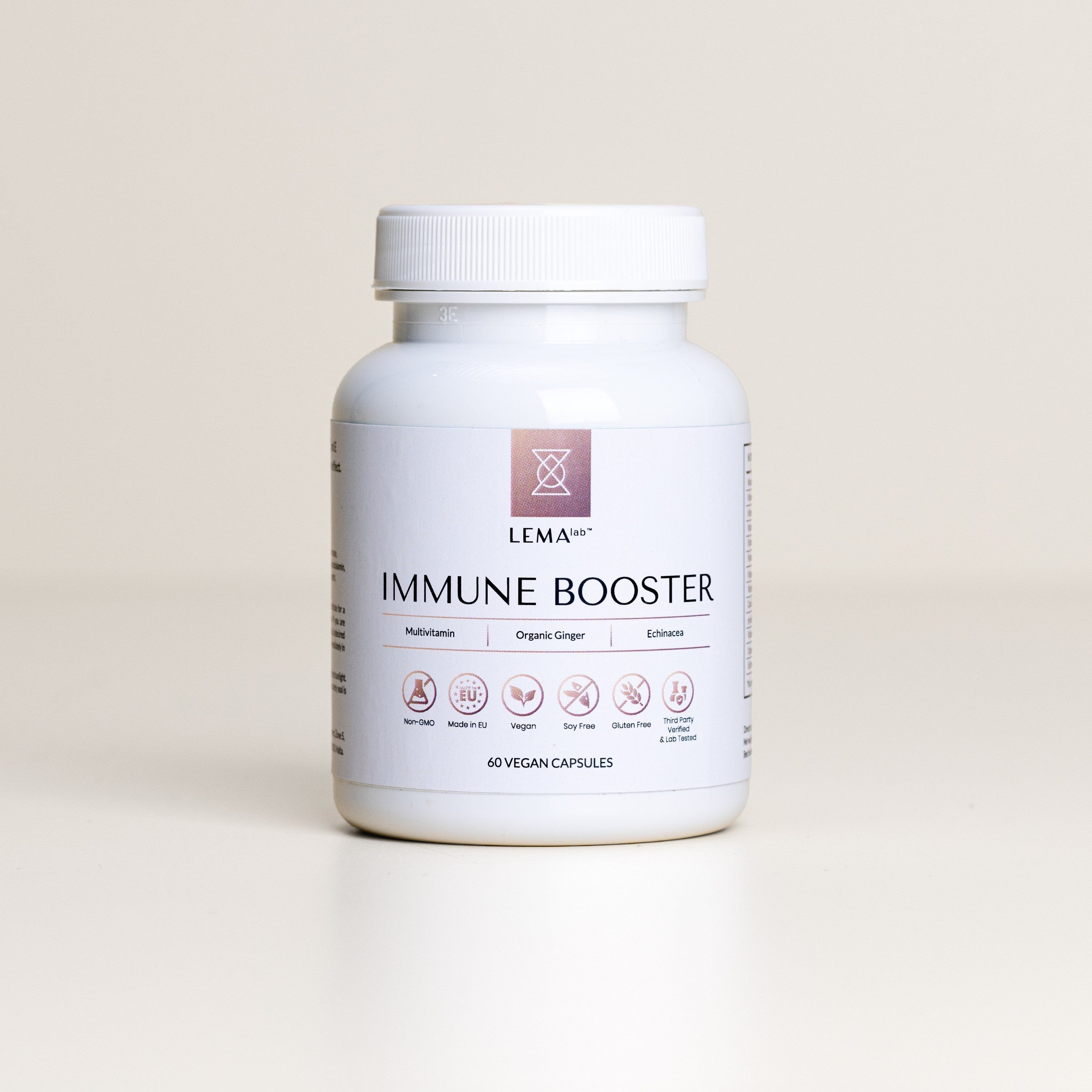
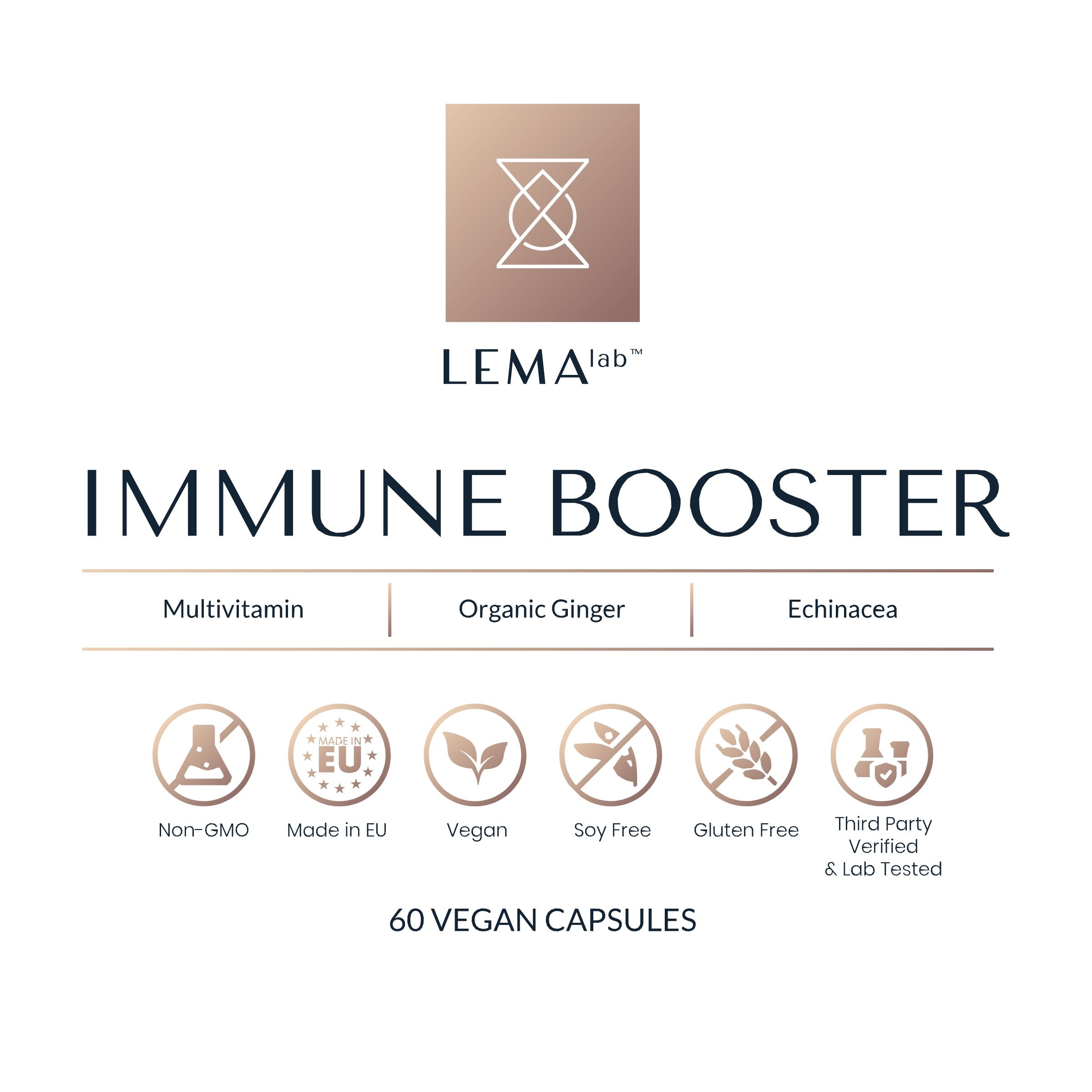
Leave a comment
This site is protected by hCaptcha and the hCaptcha Privacy Policy and Terms of Service apply.